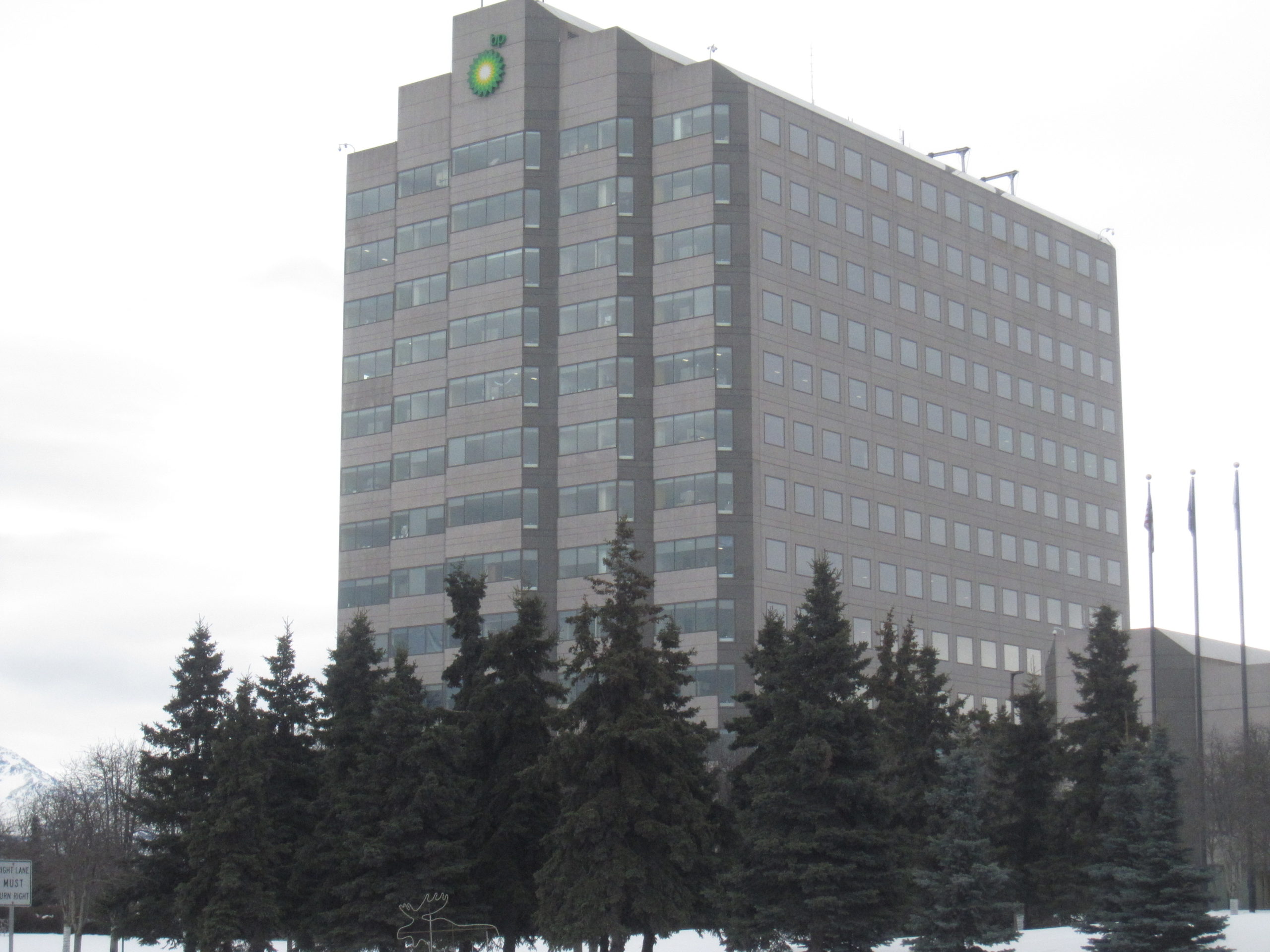Hilcorp officially takes over BP’s Arctic leases and operator position at Prudhoe Bay
The sale of BP's stake in the trans-Alaska pipeline remains under regulatory review.

Independent Texas-based Hilcorp Energy Co. has officially taken over the Arctic Alaska oilfield assets owned for decades by oil giant BP.
The upstream portion of BP’s $5.6 billion sale to privately held Hilcorp — the transfer of BP’s 176 oil and gas leases and the operator position at the giant Prudhoe Bay field — was effective on Wednesday, the two companies said in separate statements.
The sale of BP’s stake in the trans-Alaska pipeline to Hilcorp. is still pending.
“Today marks a new era for Prudhoe Bay. It is a world-class field and Hilcorp is well-positioned to take it into the future and maximize value for the State of Alaska. We wish them the very best for this next phase of Prudhoe Bay’s long life,” William Lin, BP’s executive vice president for regions, cities and solutions, said in the statement released by the company.
[How coronavirus and an oil-price crisis could transform the oil industry in Arctic Alaska]
Hilcorp, in its statement, said it is now one of the top oil producers in Alaska. The company already had significant assets on the North Slope and in the Cook Inlet region of southern Alaska, and it said it has long-term plans for the state’s biggest oil field and the other assets now acquired.
“We look forward to continuing to drive economic growth, create Alaskan jobs and contribute to local economies for decades to come,” Greg Lalicker, Hilcorp’s chief executive officer, said in the statement. “Hilcorp is committed to safely and responsibly developing Alaska’s natural resources.”
Hilcorp said it has roughly tripled its Alaska workforce, from about 500 employees to more than 1,450.

The affected 176 leases are within the Prudhoe Bay unit, at the ExxonMobil-operated Point Thomson field, and at the Milne Point field, where Hilcorp had already acquired a 50 percent interest and the operator position in 2014.
The formal transfer happened just two days after the commissioners of Alaska’s Department of Natural Resources and Department of Environmental Conservation approved the sale of the upstream assets, determining that it was in the state’s best interest.
The commissioners found that that the acquisition carries some risks for Alaska but that those are outweighed by the benefits of having Hilcorp apply its skills at rejuvenating aged oil fields to Prudhoe and elsewhere on the North Slope, according to the June 29 due-diligence memorandum released by DNR.
“Hilcorp is a mature-stage oil and gas asset expert. Hilcorp’s demonstrated record over years of operation both in the Cook Inlet, North Slope, and other jurisdictions outside of Alaska has demonstrated an ability to increase production and ultimate recovery while reducing operating expenses,” the memorandum said. “Further, a review of Hilcorp’s safety record reveals that with an increase in contact hours as its business has grown, reportable incidents have been in steady decline. Cumulatively, this provides Alaskans a continued source of jobs and economic activity in the resource development sector matched with continued, if not increased, revenues from both the aging and newer assets on the North Slope.”
The commissioners are confident that Hilcorp can manage any “catastrophic upset” or environmental challenges, the memorandum said. It noted that legacy companies Exxon Mobil and ConocoPhillips remain as Prudhoe Bay partners.
Hilcorp, in its statement, pointed to its success at wringing more oil from the Milne Point field. After taking over operations there, it invested over $700 million there and doubled field production to 36,000 barrels per day, the company said. By the end of this year, Milne Point production is expected to reach 40,000 barrels per day, the company said.
Financial stresses related to the coronavirus pandemic caused both BP and Hilcorp to alter the sale terms, allowing Hilcorp to use future earnings to pay $1.6 billion of the sale cost. The alteration also lengthened the transition period.

Still pending is the midstream portion of the BP sale to Hilcorp — BP’s near-half share in the trans-Alaska pipeline system and associated oil-transportation assets. That part of the sale continues to be reviewed by the Regulatory Commission of Alaska, which is due to issue a decision in late September.
Some observers and organizations have expressed skepticism about Hilcorp’s ability to properly manage the trans-Alaska pipeline.
Among them is the City of Valdez, the coastal town that is the location for the pipeline’s tanker-loading marine terminal. The city has been arguing that it and the rest of the public need more information about Hilcorp’s finances. In April, the city appealed a March decision by the RCA that allows Hilcorp to keep financial information confidential.
The Alaska Public Research Interest Group is another skeptic.
“Hilcorp has an impressive track record of environmental mismanagement and unsafe working conditions. If they’re about to have a controlling share in the pipeline company that runs oil through Fairbanks down to Valdez and transports it through our waters, Alaskans need to know if Hilcorp intends to be accountable for their actions,” the organization said in a statement on its website.
Hilcorp has invoked its status as a privately held company as the justification for financial confidentiality.